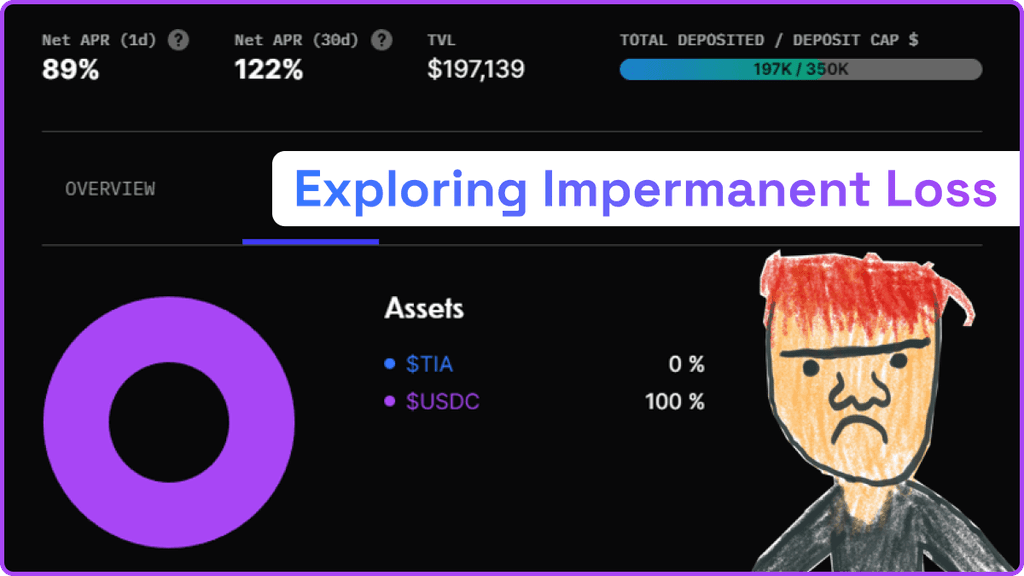Background and History
TheVault Finance was developed to enhance the staking experience on the Solana blockchain by offering a liquid staking solution. As staking SOL traditionally involves locking tokens and restricting liquidity, TheVault provides an alternative that allows users to stake SOL while retaining liquidity through vSOL tokens. The platform is designed to increase Solana’s network decentralization and improve the overall staking experience with added utility in decentralized








